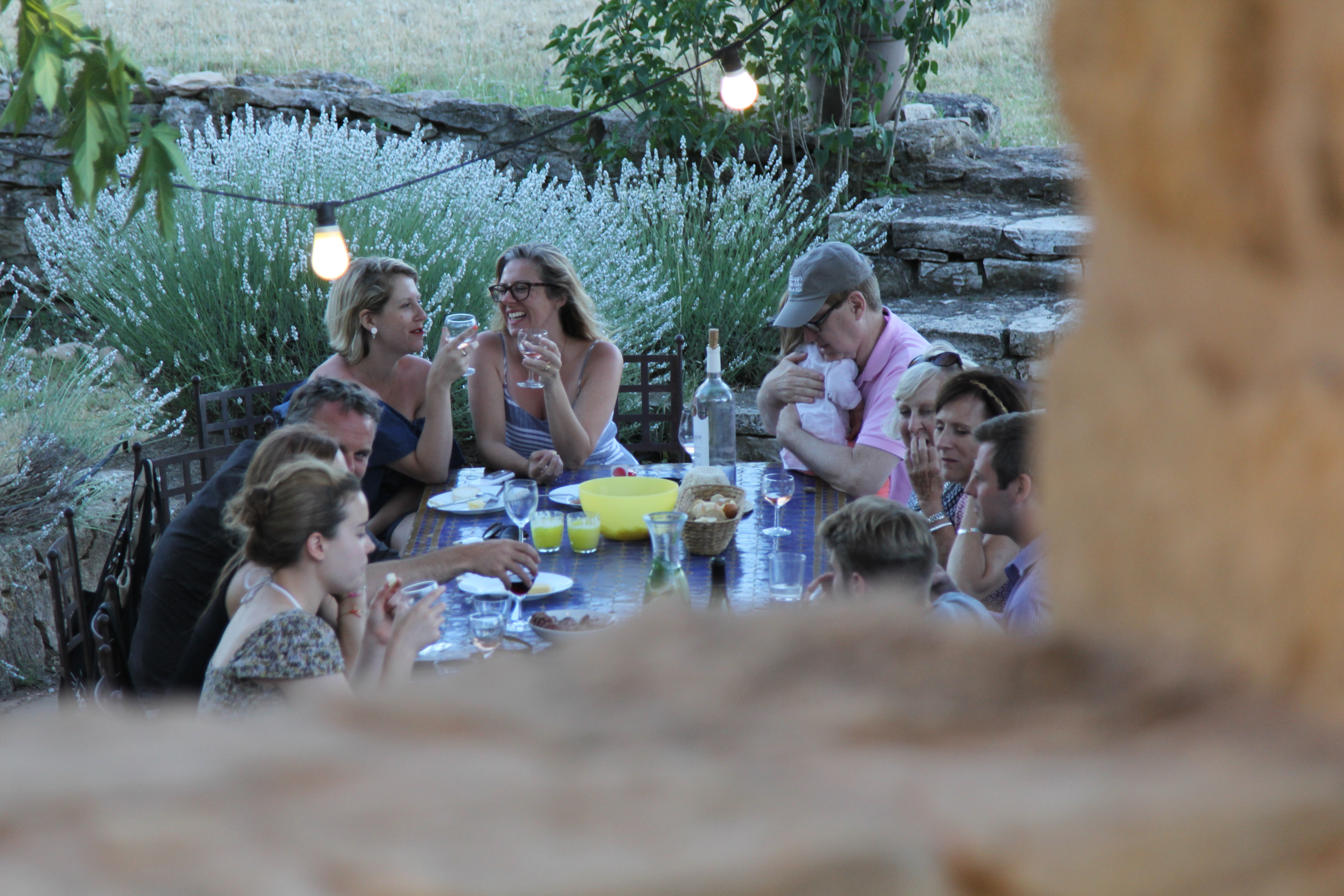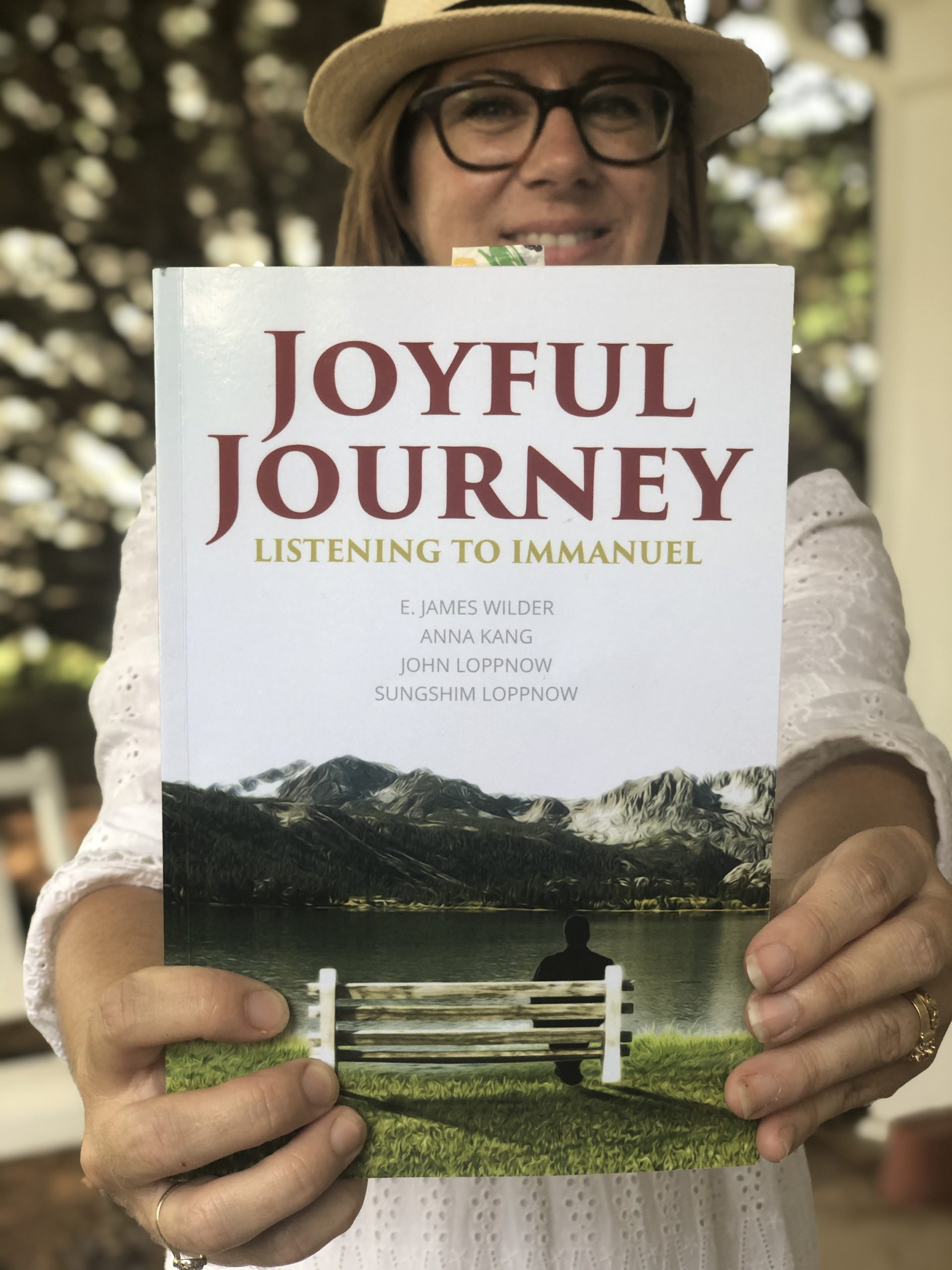How Interactive Gratitude Changes Everything Through the roller coaster of the covid-19 year, I wanted…
Joy and Resilience
Listen to the podcast below:
https://thepresenceproject.libsyn.com/building-joy-and-resilience
Transcript:
Why is it that we so easily forget the tables God has set in the wilderness? Instead of staying in a place of celebration after the abundance of connection or the kindness of answered prayer, we shift right back into lack. Our brains slide to scarcity like a car out of alignment.
This is my story as well.
After a July full of abundance, I walked back into an empty house musty from unuse and as I vacuumed up spiders from underneath the cabinets, I immediately wondered if the next few months would be full of loneliness and drudgery. This happens every August. I wander around wondering with the Israelites in Psalm 78, if God can “set a table in the wilderness” in my next few months.
Scarcity is our brain’s natural habitat.
Fortunately, I can access the beauty of July through savored moments like these:
At a long table right off the town square, we ate classic Ligurian dishes with my godmother, Rosie, who had traveled down from a tiny village in the Dolomites. An accordion played on the street corner.
It was cliche, and it was perfect.
All of Santa Margherita strolled past in search of gelato luxuriating in the cool breeze of a late evening along the Mediterranean.
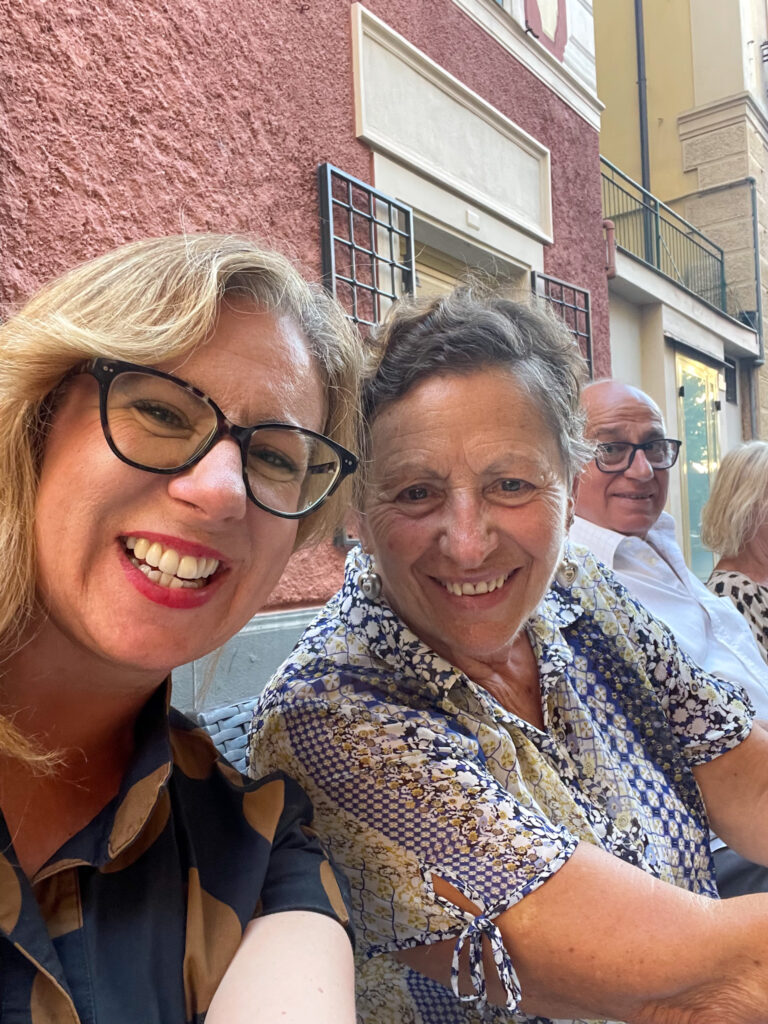
Another memory: After swimming off a sailboat in inky blue waters with my parents, my niece and nephews, we puttered by Portofino’s creamy lighthouse, perched on the end of the rocky peninsula. The next day we hiked up those same hills sitting down at small round tables, trying to cluster under shade. We dipped our spoons into vanilla gelato swimming in espresso. Motorboats whirred past. Cicadas whined in the background.

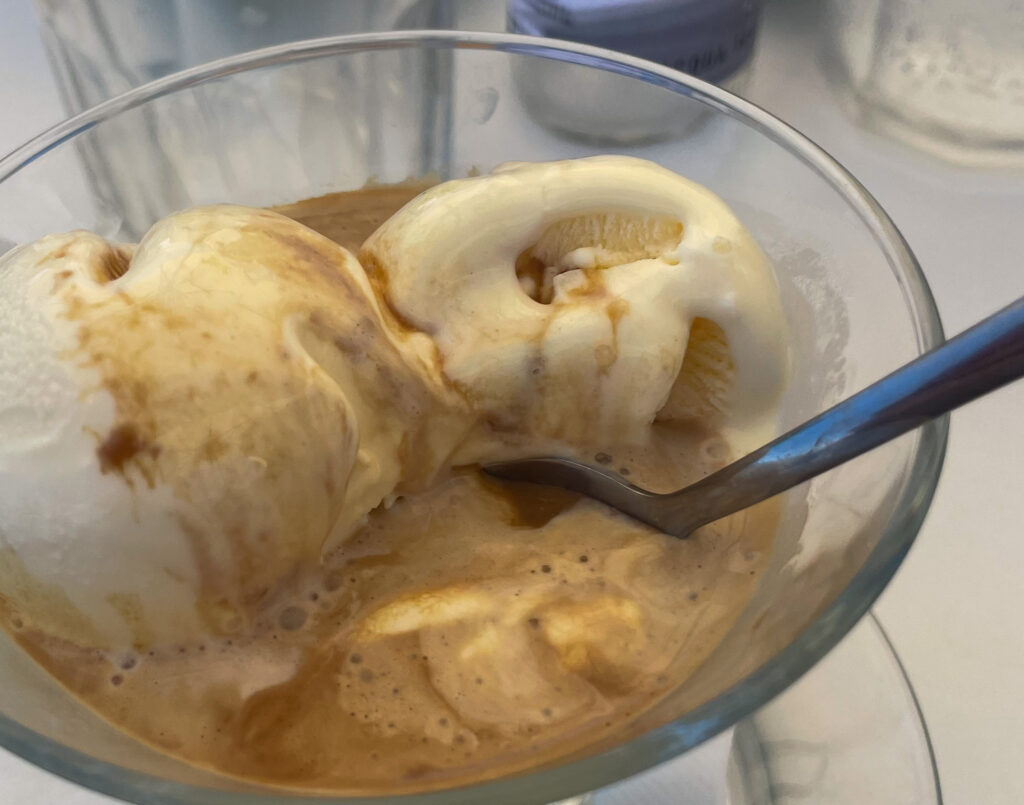
There were a hundred other memories as well:
White butterflies dancing on rows of lavender.
Walking arm and arm with my sister through Florence.
Daily breakfast with my mom under a kiwi vine.
Watching my kids explore beside uncles and aunts and cousins.
Ripe peaches on small grocery stands spilling out on nearly every block.
Watching my niece and nephew jump over the deck of the sailboat.
Siestas in the middle of the day, thick wooden shutters pulled tight.
Xavier playing with young cousins in the shadow of a small castle.
My mom and dad smiling their constant gratitude, enjoying us while we were enjoying their gift.
And now, after a day wrestling with impossibly glitchy tech, I’m smiling as well. I can taste the bitter espresso. The smooth vanilla gelato.
What if we could deepen our brain’s ability to remember the “goodness of God in the land of the living?”

In preparation for today’s episode, I asked people on Facebook for their definition of joy. Some were classic, some were thoughtful. I loved Paulalynne Velez’s honest answer, “Joy is hard to define, and also recognizable.”
Jenny Powell shared this gem: “My spiritual director used to say that joy is the opposite of scarcity. If she’d see me drop into scarcity she’d gently say that scarcity is when joy is hungry.”
But, before we fall into a pit of positive thinking thinking we have to claw our way to joy,
In Galatians 5, Paul tells us joy is one of the fruit of the Spirit, a gift of a life in companionship WITH God. Which means as we abide in God, fruit is the natural outcome. Joy is not just our responsibility, it’s the Spirit’s work within us. Maybe that sounds like gibberish to you, for me it makes me sigh with relief.
This last few days, I’ve been working furiously in the room adjoining my bedroom, a room trying to do double duty as library and exercise room and failing miserably. As I’ve been sorting through prayer journals and books, I found this question from two years ago, “Lord, would you increase the oil of gladness in my life?” Happiness can be grasped, but joy is a gift from God. The Greek word Chara for “joy,” comes straight out of the word Charis for grace.
And so, I wonder if we can start with our lack and come with our hands open, praying this simple prayer: Lord, would you increase my capacity for joy? And this one, “Lord, would you give me the ability to focus on the good gifts you are always sending? Help me not to miss your goodness?
Here are 9 thoughts on joy and resilience, our theme for this month:
- My friend, Megan Trautman said this in response to my recent question about joy on Facebook, “But joy isn’t about denial of the negative, it’s not about dismissing feelings or gaslighting people into believing their pain doesn’t have substance, it is exuding peace and gratitude and compassion and love even in the midst of darkness/ walking through the valley of the shadow of death.
This is where I want us to start our conversation about joy.
Joy cannot be cultivated in shame or exuded on demand. It cannot be forced or confined as a “Christian emotion.” Joy thrives when we understand our whole selves are invited into the Presence of God, without makeup or mask or painted-on smile. When we know our true selves are accepted, we can move organically through the range of emotions, loved by God, and joy can grow unstifled.
From Facebook, Dana Butler Kiser shared, “I don’t think true joy exists apart from integrating all our hard and painful and tragic experiences alongside the beautiful and good and abundant, and cultivating eyes to see God’s presence & intimate availability to us in all of it. Which is to say, to try to arrive at true joy by way of denying, pushing aside, not accepting & moving *through* pain will never work. And I think, maybe, that’s how I’d define toxic positivity. A contrived, unsustainable attempt at happiness that’s afraid to acknowledge, integrate, and value the hard parts of our story.” So beautifully said, Dana.
There are seasons of heavy lament. No getting around it. Jesus never preached a health/wealth gospel where life slid by on easy street. His greatest triumph was on the cross. He wept. He felt the rise of unbidden anger. He had a panic attack and sweat drops of blood before the crucifixion. Jesus expressed the full range of human emotions. Throughout the psalms, we’re taught to lift deep, uncensored cries of the heart straight to God. The Psalmist also teaches us to dance unashamedly behind the Arc of the Covenant as that symbol of God’s powerful Presence made its way home. Which brings me to #2.
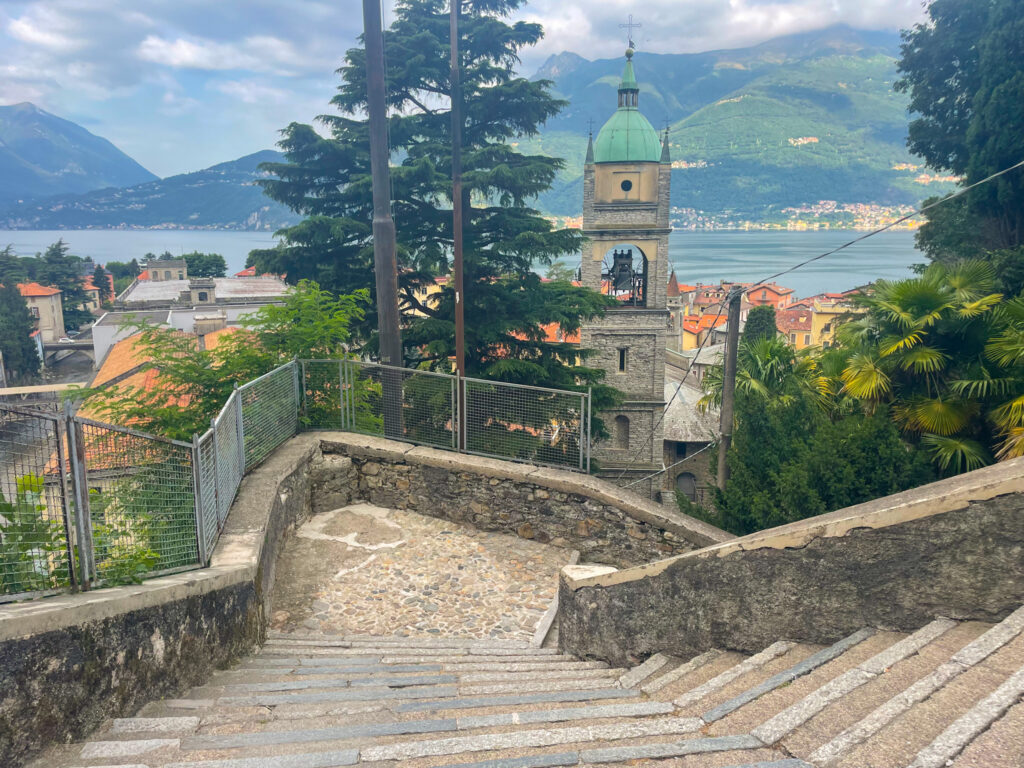
2. Joy is worth cultivating. Neuroscientists tell us that in order to bring our brains into alignment, moments of joy must be focused on for 30 seconds to 3 minutes.
After a spiritual direction with the talented Sarah Herring, she noticed a big shift in my soul. A steadiness. A rootedness. Before she clicked off our zoom, she said this, “Now Summer, I want you to stay right here for the next three weeks. Celebrate this soul movement. Journal. Do art. Find music that resonates. Replay the scriptures we spent time with today. It’s time to stay in a focused season of celebration. Sit right here.”
How often do we hurry past the movements of God in our lives as if we’re scrolling instagram looking for the next aha moment? Wisdom does not have time to root when we hurry. Joy does not have time to spread when we don’t give it time to soak into our ordinary days.
How often do we just skim the surface of joy, like we’re grabbing at appetizers on a tray on its way past? I love that there’s a season of Easter in the Christian church. It’s not just a day where the sanctuary is filled with white lilies and then discarded the next day. The Easter season is longer than Lent. It’s a full 50 days. It stretches its legs out. Which leads me to #3
3. Joy is cultivated by savoring. Joy takes its time, receiving the gift like a caramel in the mouth, tasting it long after it’s gone. Next week we’ll be hearing Nicole Zasowski, author of “What if it’s Wonderful?” about her joy-building practice of savoring. What she teaches is that our capacity to build and retrain our brains to sit in joy begins by slowing down enough to notice and experience each of the senses. It reminds me of Mary Oliver’s poem, “If you suddenly and unexpectedly feel joy, give into it. Don’t be afraid of its plenty. Joy is not meant to be a crumb.”
4. Joy goes hand in hand with a resilient brain. This is what I’m fascinated about. Brene Brown in a Huffington Post article wrote, “The good news is that joy, collected over time, fuels resilience — ensuring we’ll have reservoirs of emotional strength when hard things do happen.”

5. I wonder if joy builds resilience when grown in a community that loves us either way. In fact, Jim Wilder teaches the mark of a robust joy is the feeling, “I’m glad to be with you.” Enjoying someone else while they are enjoying us.
Jason Twombly on Facebook said, “One aspect of joy is that it is relational. It’s that “I’m glad to be with you no matter what” feeling. It’s when our belonging spills over into bliss because someone is delighted to be with me.”
Terri Grogan White illustrated this point for us, sharing this hard and holy story. She said, “I had a friend, Cathy, right after her long time husband unexpectedly divorced her, she found out that she had Stage 4 lung cancer. We have a group of friends that have been friends since high school-we all surrounded her, took care of her so we were able to watch her daily through this terrible time. She constantly comforted us..she was afraid, angry and scared but she never let go of the joy that she had in Jesus. Her house was filled with people that she had been so special to for years, it was a place of joy and worship. The week before she died she took us all to the beach and we spent the time laughing, crying…praising. All of us that got to spend that time with her were changed forever. Grace and courage and joy.”
Two years ago, I had the privilege of interviewing Kitty Wilder, Jim Wilder’s wife, who had recently been in the hospital with a life-threatening disease and had to leave her husband outside the sliding doors of the hospital because of covid19. She was there for six weeks. She told me in an interview that even while she was in the ICU, away from her beloved, she was still cultivating moments of joy, thanking the nurses who came in to serve her, and looking for beauty even in her hospital room. She also remembered memories joy which she had been curating for years. Trauma couldn’t find the soil to root. Kitty had been cultivating conscious joy before, during, and after.
6. Amy Miller on Facebook said this: – I think a part of joy is being in the present moment, noticing the Creator in the creation in front of and around, and letting Spirit in me bubble up and spill over onto everyone and everything.
I believe this, Amy. Gratitude spills most easily from a slow life, where we notice the symphony of praise in the cicadas, the crickets, and the birds, even as they’re feasting on the ripe purple figs on our backyard.
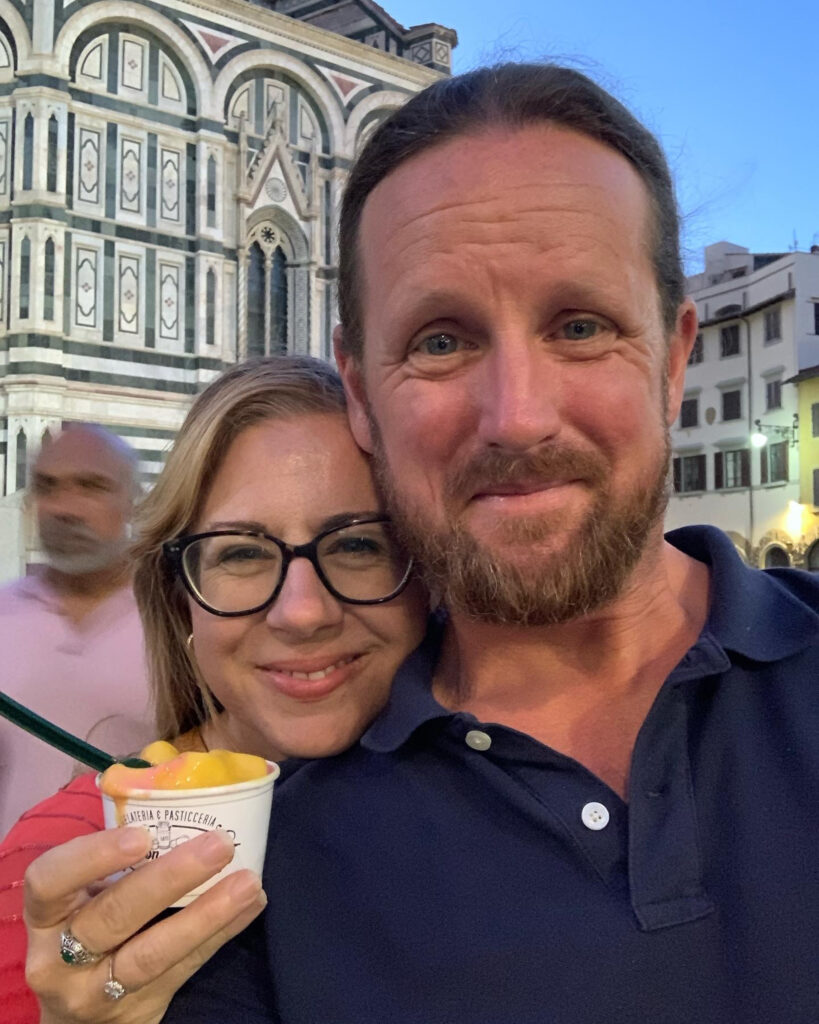
7. But, there’s a deeper joy, isn’t there? A joy that comes from knowing we are delighted in at all times…and this truth which boggles my mind… that the God of the Universe seeks our company. We can walk through our ordinary days sweeping the kitchen and pulling the crumbs towards us on the island and look up into His eyes and find, God is enjoying us while we are enjoying Him. Psalm 16 says, “You will show me the path of life;
In Your presence is fullness of joy;
In Your right hand there are pleasures forevermore.”
A priest at Brother Lawrence said this about him. He practiced “nothing else but a sense of the presence of GOD, his soul being at that time insensible to everything but Divine love: and that when the appointed times of prayer were past, he found no difference, because he still continued with GOD, praising and blessing Him with all his might, so that he passed his life in continual joy.”
And so we learn: Happiness may be hoarded, but true joy spills over into praise.
We also learn this:
Joy is an organic byproduct of a sense of safety in the arms of love. We are free to be a child again, to claim wonder as our natural habitat.

Which brings me to #8
8. As safety in the arms of love become the deepest thing about us… when the bottom falls out of life, we are not consumed by grief. Sure, we flail about as we fall, for a day, a week, a year, but then as we lay on the bed after the tears have been cried, after the disappointment, the diagnosis, the death, the divorce, we lay there and know we are held. We know that underneath us ARE the everlasting arms. And we rest. We assent to the same words Julian of Norwich used as her bedrock truth, “All is well, and all manner of things shall be well” and know that one day we will believe them again. Then, slowly, out of that rest, joy begins to flow again.
Sometimes joy is the simple experience of knowing we’re safe in the arms of God in the middle of the lament. Maybe this is what Nehemiah meant when he said, “The joy of the Lord is our strength.”
Kimberly Moir said,”I think of joy as an underground well. His proven track record of faithfulness fills up that well, so that we can drink deeply in times of surface/desert dryness.”
I love that. His proven track record fills up the well. That’ll preach.
9. Finally, Joy is compounded when given away. I loved watching my mom and dad in Italy. They are generous souls. All of Italy was their gift to us…it was also their gift to themselves. As we walked to Portofino they kept saying how many times they had experienced that same walk by themselves but loved sharing it with us. Their joy was deepened as they gave it away.
Joy refuses to hoard. It can’t help but spill over.
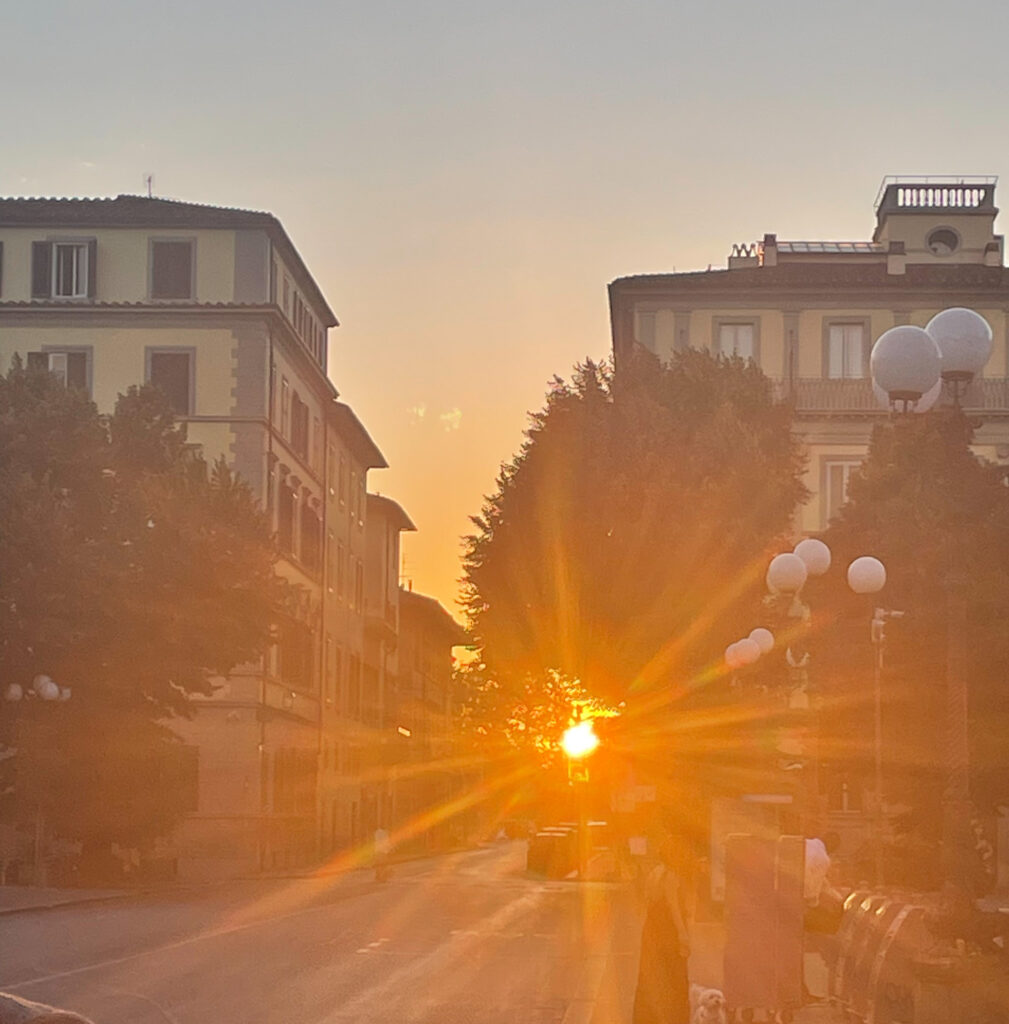
Want to deepen your brain’s resilience with joy?
Click here for your Joy and Resilience Workbook.
- 3 simple genius practices for joy and resilience
- 3 care package recipes for giving it away.
- 3 free bonuses.
